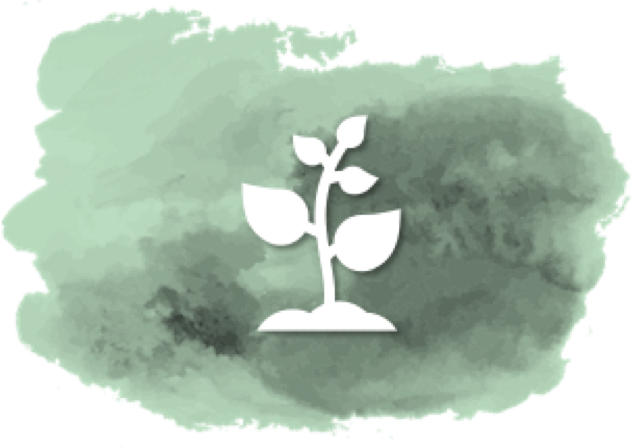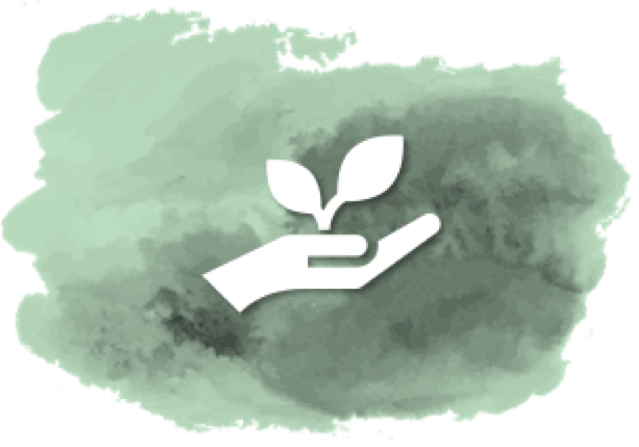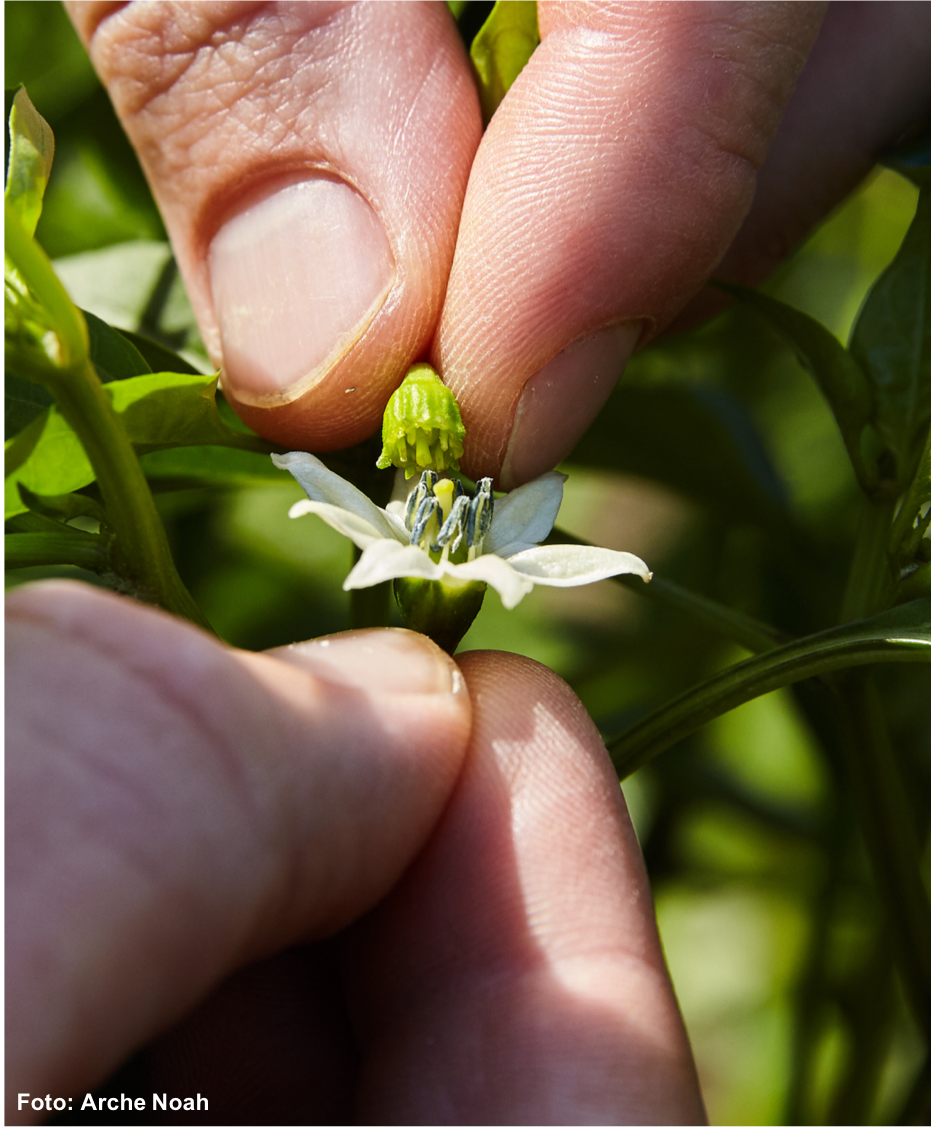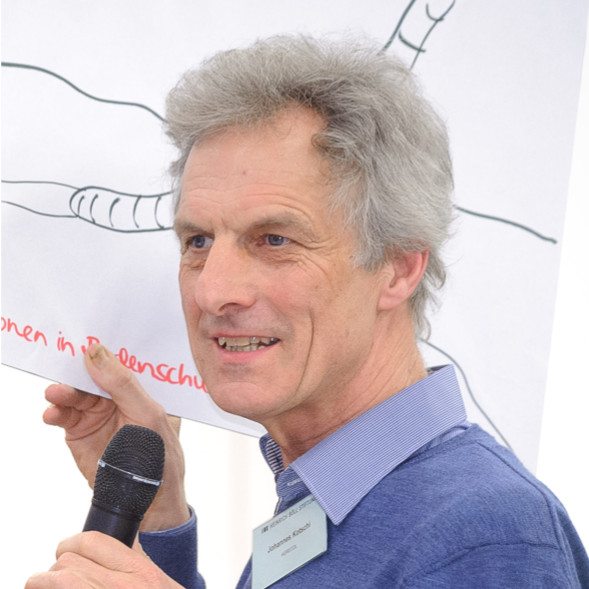Информация за селекционера

Придайте стойност на своя сорт
Като използвате лиценза за отворен код, можете да защитите своя растителен сорт като общодостъпен. Освен това лицензът предлага много предимства за вас като селекционер!
- Сортовете с отворен код са много търсени.
- Отвореният достъп до селекционен материал е гарантиран в дългосрочен план.
- Лицензирането с отворен код защитава вашия сорт от генетични модификации.
Всички сортове са добре дошли! Под "сортове" разбираме всички видове развъден материал, включително развъдни линии, популации, селекции от диви видове и дъщерни поколения от кръстоска, които все още не са стабилни (F2, F3 и след това). С удоволствие ще ви консултираме относно регистрацията на вашия сорт.
Какво трябва да направите

1. Разработете нов сорт
Няма значение дали сте опитен селекционер или тепърва започвате: Важно е вашият сорт да е нов и да сте го разработили сами. Дори местен сорт може да се счита за нов, ако е бил доразвит.

2. Използвайте лиценза с отворен код
Лицензът с отворен код е алтернатива на патентоването или защитата на сортовете растения, но без да се плащат лицензионни такси. Лицензирането е безплатно. Прочетете пълния текст на лиценза тук.

3. Обърнете внимание на трите правила
...на лиценза с отворен код:
1. Всеки може свободно да използва семената с отворен код.
2. Никой не може да приватизира семената или техните по-нататъшни разработки.
3. Бъдещите получатели трябва да предадат същите права и задължения заедно със семената.

4. Предлагайте на пазара вашия сорт
Сортовете с отворен код са символ на разнообразието и общоприетия характер на семената, което ги прави много привлекателни за потребителите. Когато разпространявате семената, трябва да информирате получателите за правата и задълженията, свързани със сортовете с отворен код. Можете да намерите информационния лист тук.

Започнете да лицензирате своя сорт
Изпълнени ли са всички изисквания?
- Вашият сорт е нов.
- Вие сами сте го разработили.
- Той все още не е пуснат на пазара.
Тогава защитете своя сорт, като попълните нашия формуляр. Сортът ще бъде добавен на нашия уебсайт и ще бъде вписан в нашата база данни за сортове с отворен код. Опитайте и станете част от нашата общност на селекционери с отворен код.
Регистрирайте своето разнообразие тук (на английски език)Научете повече в нашите често задавани въпроси (на английски език)
The open-source licence applies only if all users, starting with the breeder, comply with the regulations. Seed that has already been put on the market without an agreement on the open-source terms cannot be protected from patenting because the licence cannot be applied retroactively. Such varieties are, therefore, excluded from open-source licensing.
A major licence violation occurs when open-source material has been used to develop a new variety that is then made subject to patent or plant-variety protection. Infringements can be proven in several ways. First and foremost, the breeder’s documentation can be analysed. According to the provisions of the Nagoya Protocol, detailed documentation is now mandatory for every breeding process. The user of the plant genetic material must document when, where and under which conditions he or she received it. The phenotype and other characteristics of the original variety can also be compared with those of the newly developed one. Comparative gene mapping may be a third option.
As a basic rule, licence infringements can be prosecuted. Our licence is drawn up on the basis of German civil law and can therefore be enforced within the framework of international civil law in most countries of the world.
One of our most important research tasks is to develop new concepts for financing plant breeding work. The label “open source” has already boosted the marketing of individual varieties and thus ensures some return flow of funds.
Seen historically, most agricultural seeds were developed without compulsory levies. Also today, many organic cereal and vegetable breeders in Europe finance their breeding activities partly through “variety development contributions” that are negotiated between breeders, seed producers and farmers. Some charge a small levy on traded items or raise funds from government programmes and donors. More information can be found in the paper “Who pays for seeds?”.
Another aspect may be even more important. Common-property seeds are more than just inputs for agricultural production. Their use also benefits society as a whole in that they are essential for maintaining biodiversity, cultural landscapes, ecosystem system services as well as the capacity to adapt to climate change. These benefits are less and less provided by the business model currently followed by the private seed sector with its IPRs. If plant breeding leads to benefits for society as a whole, then not only farmers and direct users but also people involved in processing and marketing as well as consumers and the State should be helping to carry the breeding costs.
"Genetic engineering (GE) in plant breeding” includes a range of different technologies, and new ones are continuously emerging. What is regarded as GE therefore cannot be precisely defined and regulated by law once and for all. The open-source licence with its copyleft principle, i.e. the transfer of seed-licensing terms to subsequent generations of seed, is designed for perpetuity and cannot exclude plant-breeding techniques that are not yet known.
Nevertheless, the licence provides an effective protection against GE. All GE processes are time-consuming and require comparatively high investments in plant breeding. Economically, such expenditures can be justified only if they can be protected by patents, but patents or other exclusive IPRs are not allowed by the open-source licence.
Thus, the open-source licence does not prohibit GE de jure but it does prevent it de facto. We regard the licence as a good protective mechanism and are not aware of an equally valid alternative.
If you have more questions, feel free to visit our FAQ page. In case you don't find what you need there, don't hesitate to contact us.

Имате още въпроси?
Моля, свържете се с Йоханес Кочи
kotschi@opensourceseeds.org
